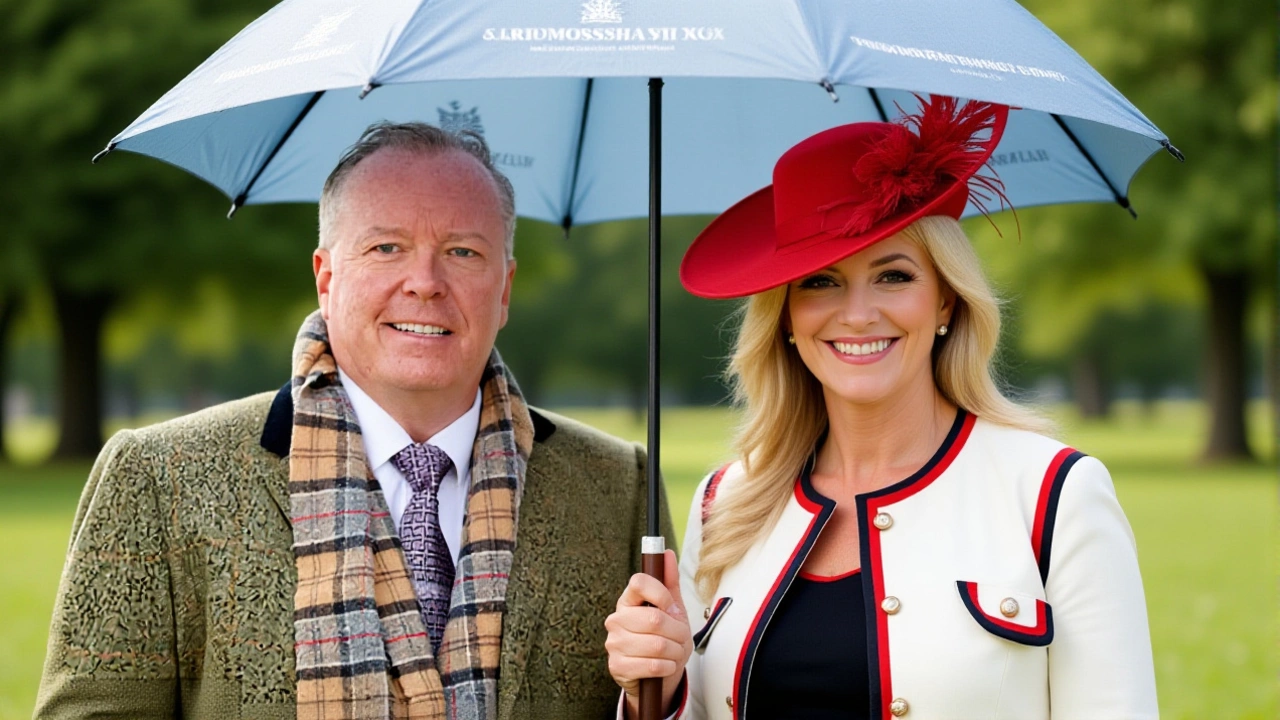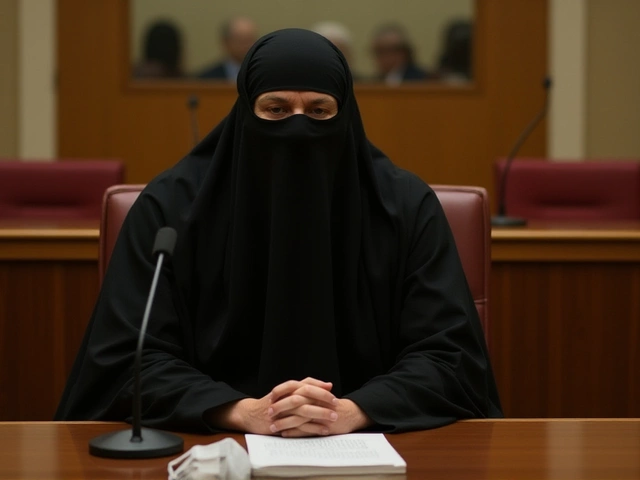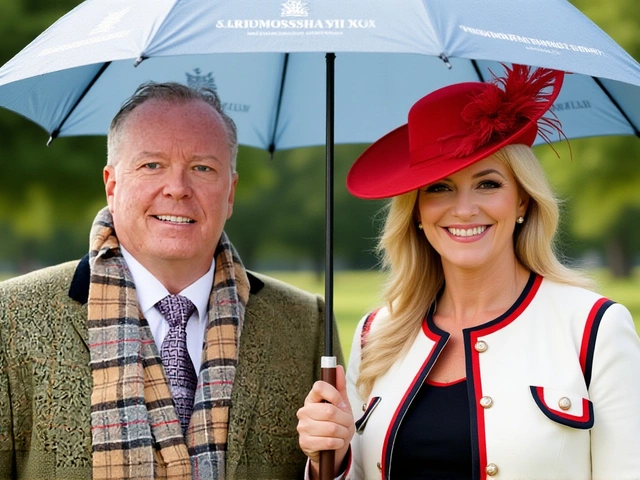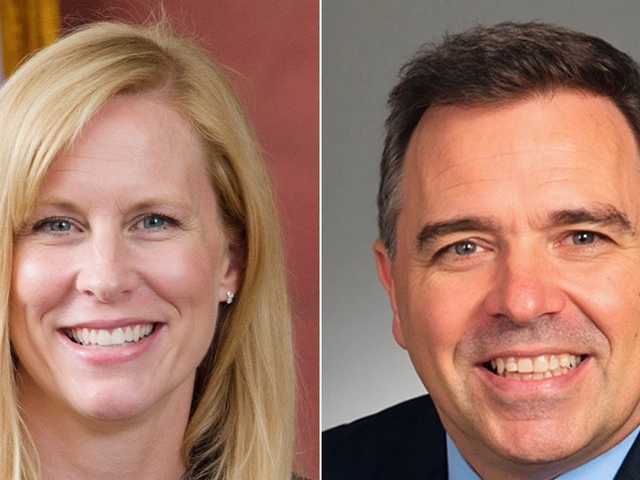Baroness Michelle Mone‑linked firm ordered to repay £122 million for PPE contract breach

When Baroness Michelle Mone, Conservative peer and her husband Doug Barrowman, businessman saw their company PPE Medpro ordered to hand back £122 million to the state, the High Court’s decision on 1 October 2025 sent shockwaves through Westminster and the health‑care sector.
The ruling, handed down by the High Court, found that the consortium had breached a 2020 government contract for 25 million surgical gowns intended for the NHS. The gowns failed to meet sterilisation standards, meaning they could not be used as sterile supplies and had no viable market outside the National Health Service.
Background: Pandemic‑era PPE procurement
In the early months of the Covid‑19 emergency, the Department of Health and Social Care fast‑tracked contracts worth billions to secure masks, gloves and gowns. One of the marquee deals was awarded in June 2020 to PPE Medpro, a consortium chaired by Barrowman, for a contract valued at nearly £122 million.
At the time, the UK government was under pressure to protect frontline staff, and the usual tender rules were temporarily relaxed. Critics later argued that the speed of the process opened the door to “crony‑capitalism”, a term that resurfaced when evidence emerged that Baroness Mone had personally referred the firm to officials, despite earlier denials.
Legal showdown: Why the court ruled against PPE Medpro
The Department of Health and Social Care sued the consortium in 2022, alleging that the supplied gowns were not sterile and that Medpro could not demonstrate a validated sterilisation process – a non‑negotiable requirement for any product entering an operating theatre.
During the trial, the judge highlighted three key points:
- The contract explicitly required *sterile* surgical gowns.
- PPE Medpro failed to provide evidence that its cleaning protocol met NHS standards.
- No alternative market existed for the non‑sterile gowns, rendering the supply essentially useless.
Because the NHS had already rejected the batches in December 2020, the court concluded the breach was material and ordered full restitution of the £122 million paid.
Reactions from the main actors
Baroness Mone described the judgment as “shocking but all too predictable”. When pressed about the earlier public denial, she replied, “It’s not a crime – I said I wasn’t involved to protect my family.”
Chancellor Rachel Reeves, Chancellor of the Exchequer demanded that the full amount be recovered, stating, “Taxpayers deserve their money back in full and swiftly.”
The National Crime Agency launched a criminal inquiry on the same day the court handed down its decision. So far, no charges have been filed against Mone or Barrowman, but the investigation remains active.
Impact on the NHS and public finances
The £122 million loss adds to a broader tally of pandemic‑related procurement controversies that have cost the Treasury an estimated £3.5 billion in disputed contracts, according to a recent National Audit Office review.
For the NHS, the episode is a cautionary tale about rushed buying. A senior procurement official, speaking on condition of anonymity, said, “We learned the hard way that speed must never sacrifice compliance. The system is now being overhauled to embed tighter verification before any large‑scale purchase.”
What’s next for PPE Medpro?
On the very day the judgment was issued, PPE Medpro entered administration, appointing insolvency experts to manage its assets. Creditors, including the government, will now file claims against the liquidated estate. Analysts at Bloomberg estimate that, after senior debt is settled, the consortium could return only a fraction—perhaps 10‑15%—of the original sum to the Treasury.
Legal experts predict that the High Court’s decision could set a precedent for future challenges to emergency contracts, especially where evidence of compliance is shaky. Professor Emma Clarke of King’s College London noted, “This case underscores the importance of documentation. Future emergency procurements will likely feature stricter audit trails to avoid similar fallout.”
Broader political ramifications
The scandal fuels ongoing calls for a full inquiry into the UK’s pandemic procurement strategy. Opposition leaders have already demanded a parliamentary committee to examine potential conflicts of interest involving peers and donors.
Meanwhile, the Conservative Party faces internal pressure as several MPs have publicly urged the government to tighten rules around “ministerial referrals”. The episode also revives debate over the vetting powers of the House of Lords Commissioner for Standards, who opened an investigation into Baroness Mone in January 2022.
Key facts at a glance
- Amount ordered to repay: £122 million
- Contract date: June 2020 (awarded by Department of Health and Social Care)
- Product in dispute: 25 million surgical gowns
- Decision date: 1 October 2025 (High Court)
- Current status: PPE Medpro in administration; NCA investigation ongoing
Frequently Asked Questions
How does the £122 million repayment affect UK taxpayers?
If the Treasury recovers the full sum, it would offset part of the £3.5 billion total disputed pandemic spend, easing pressure on public finances and potentially freeing up funds for NHS services. However, the liquidation of PPE Medpro means only a portion may be recovered, so the net benefit to taxpayers could be modest.
What legal precedent does this case set for future emergency contracts?
The ruling reinforces that compliance documentation is non‑negotiable, even in crises. Future contractors will likely be required to prove sterilisation or other quality standards before payment, reducing the risk of similar breaches.
Why did the NHS reject the gowns in December 2020?
Independent testing showed the gowns lacked validated sterilisation, meaning they could not be used in sterile environments. The NHS, adhering to strict infection‑control guidelines, deemed them unsuitable for surgical use and had no alternative market for the non‑sterile items.
Is Baroness Michelle Mone facing any criminal charges?
As of now, no criminal charges have been filed against Baroness Mone or her husband. The National Crime Agency’s investigation remains open, focusing on possible procurement irregularities, but any prosecution would require further evidence of wrongdoing.
What reforms are being proposed to prevent similar procurement issues?
Parliamentary committees are urging tighter oversight of emergency contracts, mandatory third‑party verification of product standards, and a transparent register of any personal referrals made by public officials. The upcoming Health and Social Care Committee report is expected to detail these measures.
- October 2, 2025
- Cassius Windham
- 0 Comments
- Permalink



